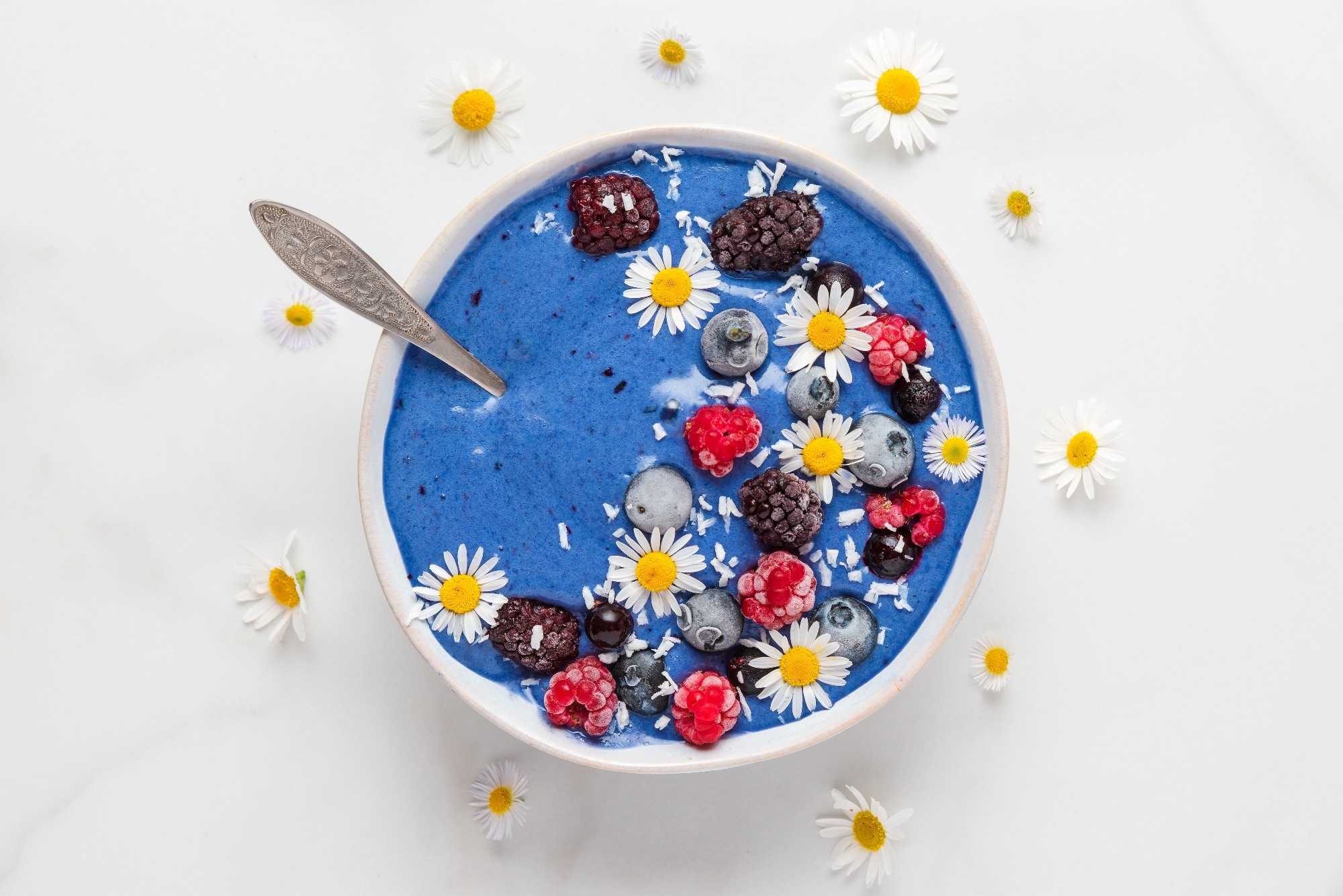In a recent study published in the journal LWT - Food Science and Technology, researchers in Brazil and Switzerland examined consumer perceptions and attitudes towards açaí and Spirulina.
Consumer interests have shifted towards foods that mitigate disease risk and improve health/well-being. Spirulina and açaí have been recognized as superfoods due to their nutritional value and beneficial health properties. Spirulina has been used for decades as food and is recognized for its composition of superior bioactive compounds. This microalga can be cultivated without requiring arable land. The açaí berry, a Brazilian fruit, contains high bioactive compounds.
 Study: Attitudes of consumers toward Spirulina and açaí and their use as a food ingredient. Image Credit: artem evdokimov / Shutterstock
Study: Attitudes of consumers toward Spirulina and açaí and their use as a food ingredient. Image Credit: artem evdokimov / Shutterstock
The study and findings
In the present study, researchers evaluated the perceptions and attitudes of consumers toward açaí and Spirulina as foods in Switzerland. They surveyed participants from March to April 2019 using a questionnaire to examine their intake and perceptions. The questionnaire also collected sociodemographic and personality/behavior-related data.
Participants rated their knowledge of these foods on a six-point hedonic scale in the first part of the questionnaire. Next, they were provided information on these foods, specifically sustainability, health benefits, and sensory characteristics. Further, participants were asked to indicate how likely they were to include Spirulina/açaí-based foods as part of their diet, rated on a six-point scale.
Overall, data from 442 questionnaires were included in the analysis. Most participants were females (56%), workers (63%), and urban residents (51%), and were responsible for cooking (78%) and buying food (85%). Nearly half the sample had no prior knowledge of Spirulina. Only 9% of participants were aware of Spirulina. On the other hand, 62% of respondents were unaware of the açaí fruit, and only 4.3% knew about this fruit.
More Swiss consumers were familiar with Spirulina than with açaí, probably because this and other microalgae are produced in Europe. Survey results suggested that health- and sustainability-related information but not sensory attributes greatly influenced the intake of Spirulina, consistent with results from the Netherlands, France, and Germany. Consumers were most likely to include Spirulina-enriched pasta and cereal bars and açaí-based yogurt and juice in their diets.
Over 30% of participants revealed that they would add açaí-based yogurt to their diet. Açaí-based cereal bars were more likely to be included in the diet by younger participants, followed by the inclusion of açaí-fortified breakfast cereal and Spirulina-based cereal bars and pasta. Açaí-based yogurt and açaí/Spirulina-based cereal bars were more likely to be adopted by older participants aged 66-79.
Conclusions
In summary, the findings demonstrated that açaí and Spirulina were relatively unknown among participants. The sensory characteristics of these foods least influenced Spirulina consumption. Respondents were likelier to eat pasta and cereal bars enriched with Spirulina and açaí-enriched yogurt and juice. The researchers identified age as a factor influencing food choice.
Consumers may increase the odds of eating these products when they receive more information on the health benefits of adding them to their diets. Offering Spirulina/açaí-enriched foods more widely may help increase consumer awareness. Further, promoting gastronomic events using açaí/Spirulina as ingredients and including creative recipes on food packaging could also encourage people to consume these foods.